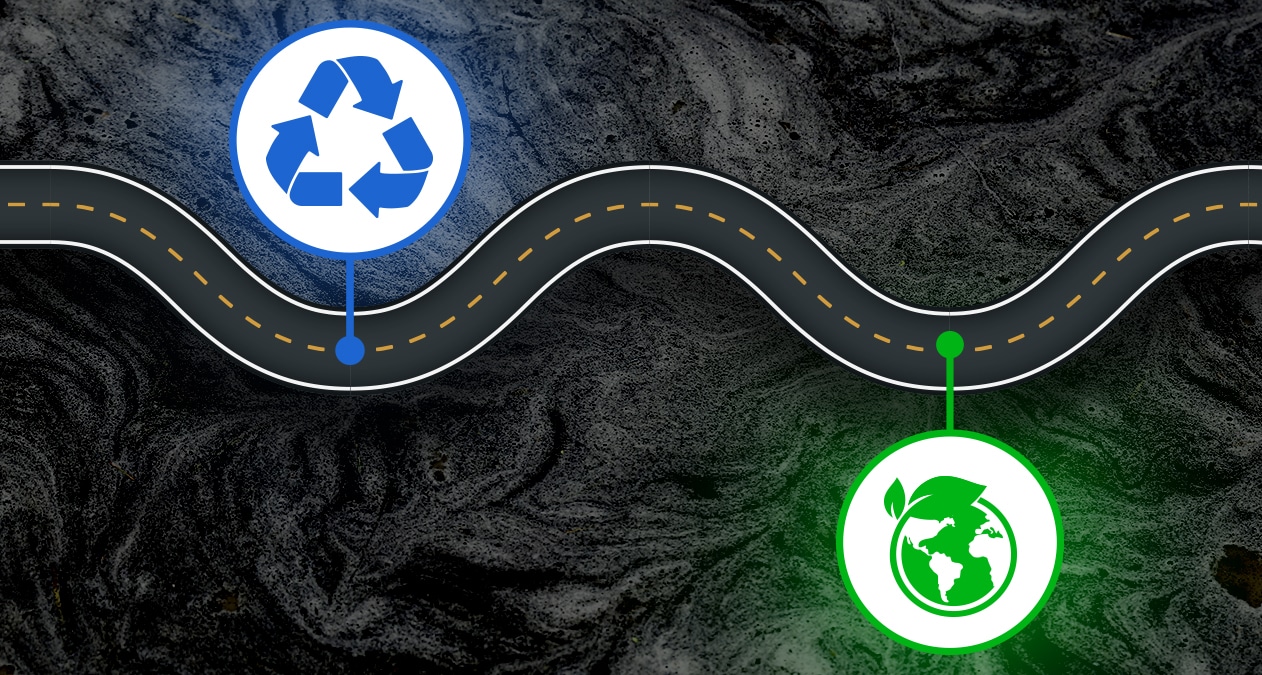
As companies look to implement sustainable manufacturing practices, gleaning insights from operations that have established successful process improvements is both practical and valuable.
One such operation is Huntington, Indiana-based Bendix Commercial Vehicle Systems LLC (Bendix). The manufacturer earned a 2023 Better Project award from the Department of Energy (DOE) for improved water management practices that were incorporated into its engine vibration damper production process. Here’s a look at how they pulled this achievement off.
Meeting Sustainability Hurdles Head-On
Prior to its 2023 award, Bendix had previously been honored twice by the DOE Better Plants program for sustainability improvements. But when the company added vibration damper production to its Huntington operations, new sustainability challenges emerged.
“Bendix faced a complicated challenge when we expanded our Huntington operations in the summer of 2020 to include our vibration damper production,” said Maria Gutierrez, Bendix senior director, environmental, social, and governance (ESG) in a press release. “First, we wanted to implement a water-based solution in our raw materials cleaning process to reduce the impact of chemicals on the environment. And second, we wanted to address the amount of water used in that process.”
However, switching from chemicals to water-based wash and rinse water presented some unique difficulties.
First, the conductivity of incoming city water was too high. If left un-checked, it would diminish the effectiveness of the cleaning process that is critical for maintaining the quality of the finished parts.
Second, the new water-based cleaning process resulted in much higher water usage.
To address the conductivity, Bendix incorporated a reverse osmosis (RO) system that treats the incoming city water prior to washing the parts.
To reduce its water consumption, Bendix needed a technology that could treat the wastewater generated during the cleaning process and produce a high-quality distillate that could be reused in the washing system. The company turned to the process water and wastewater experts at PRAB for help.
PRAB recommended Bendix incorporate a vacuum evaporation and distillation system to treat and recycle the wastewater. The system boils the wastewater and cleans and condenses the steam that is produced. The result is a high-quality distillate with conductivity so low the distillate can be added directly to the RO permeate tank and reused for make-up water in the wash and rinse tanks.
Remarkable Outcomes
The vacuum evaporation and distillation system achieved impressive results:
“In addition to drastically cutting the amount of water used, we’ve also reduced our carbon footprint, since the system now uses less energy to heat the water, relies on electricity as opposed to burning natural gas, and generates fewer greenhouse gas emissions from vehicles needed to transport waste,” Gutierrez said in the press release. “And the successes we’ve seen have led Bendix to place orders for an additional evaporator in another one of our Huntington plants, as well as one for our Bowling Green, Kentucky, operation.”
On-site water treatment systems are tailored to meet the specific requirements of each operation, and a wide array of choices exist for the treatment of process water and wastewater. Enlisting the help of a total solutions provider who is familiar with the needs of industrial applications and who can facilitate a laboratory analysis of your water will set you on a course to maximize water efficiency.
To view examples of wastewater systems, or to request information about water treatment for your application, please visit prab.com.